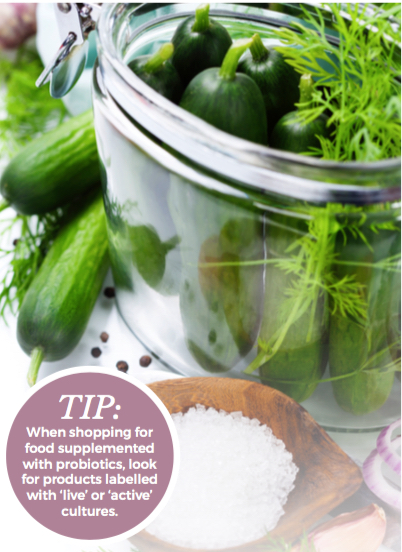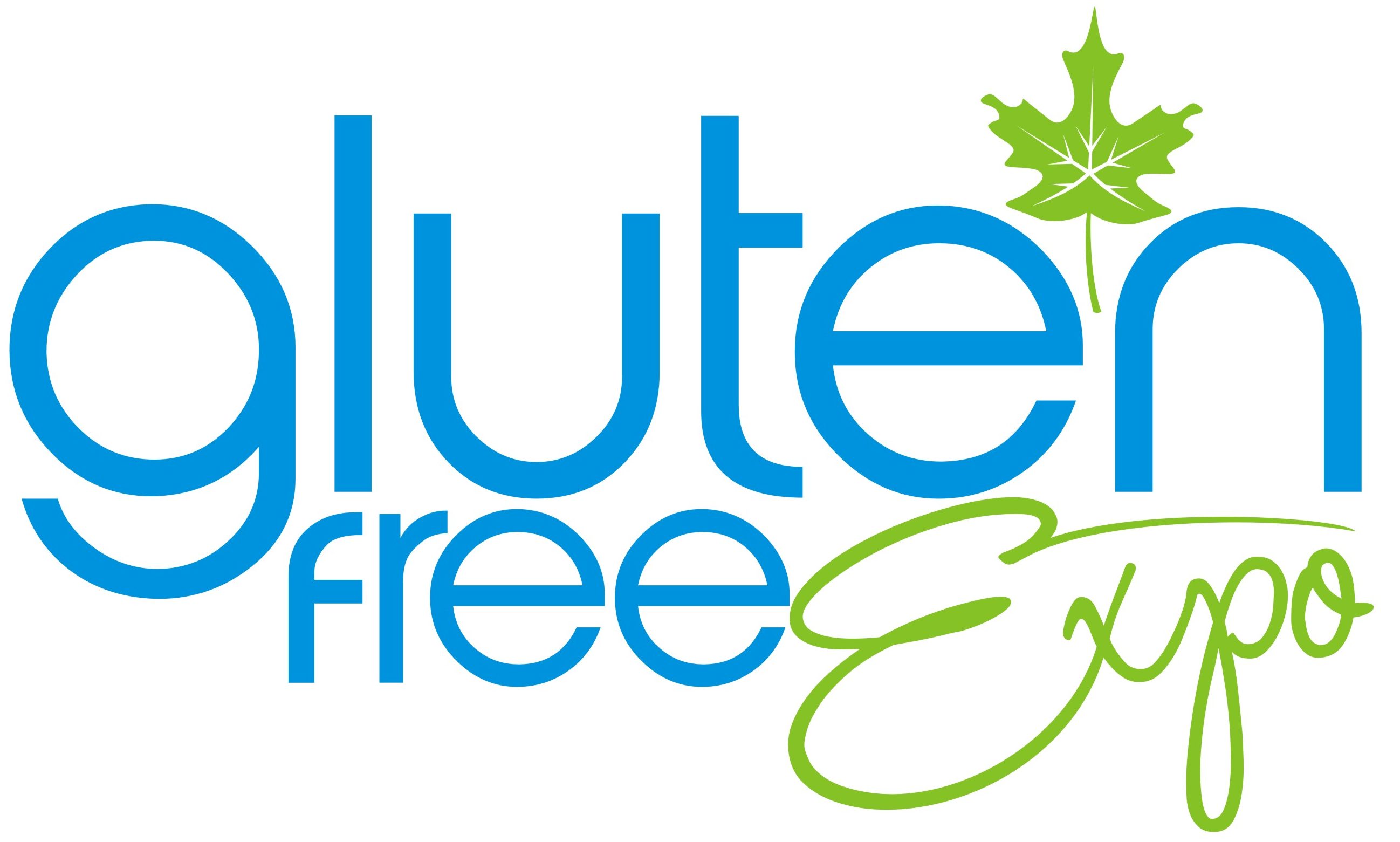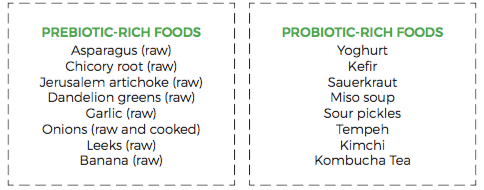(and why you should care)

Probiotics, a type of “good” bacteria, are fabulous microorganisms that may help with digestion and offer protection from harmful bacteria. Thank- you probiotics! Prebiotics are non-digestible carbohydrates that act as food for probiotics. Prebiotics help probiotics, like greens powder to name one example, flourish.
Due to a number of factors, including diet, smoking, alcohol consumption, antibiotics, and stress, bad bacteria can sometimes end up outweighing the good. When this happens, it can have a direct impact on our health, with some studies showing that it may affect our immunity and cause digestive disorders such as inflammatory bowel disease, diarrhoea, IBS, and bowel infections. You can see some Peptiva sample results here if you’d like to learn more.
An excellent source of probiotics is fermented foods like Ke r or yogurt, and other foods with “live active cultures.” Foods to avoid: re ned carbs, fatty and sugary foods, as they can help some bad bacteria thrive.
Although more research is needed, there’s encouraging evidence that probiotics may help:
- Treat diarrhea, especially following treatment with certain antibiotics
- Prevent and treat vaginal yeast infections and urinary tract infections
- Treat irritable bowel syndrome
- Speed treatment of certain intestinal infections
Now that you’re a little more familiar with the bene ts of probiotics, what about prebiotics? These non-digestible carbohydrates feed the good bacteria in your gut, which have been linked to digestive health, improved immunity, anti- inflammatory effects, and more. Here are some tasty and natural prebiotic sources:

